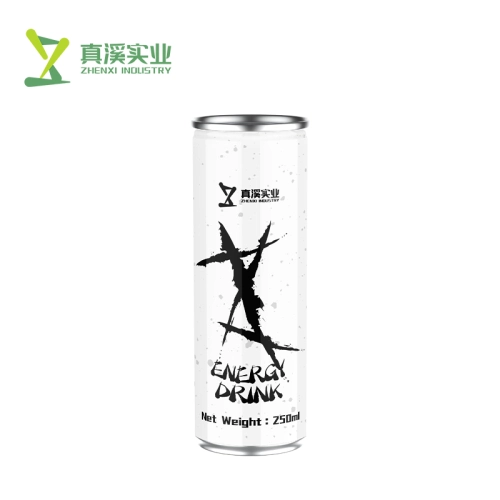Today, the aluminum beverage can sits on a shelf next to other products manufactured with packaging solutions like plastic bottles and glass jars but unlike those items which make it clear when they are no longer good, cans do not have "safe" expiry dates of their own. As long as you brew your coffee and find the bag with best-by dates at Karine Pure Coffee Company, the fresher it should be. The FDA says these dates are usually labeled as "best by" or "use by," which help consumers understand when the product is at its peak.
Several factors determine the expiry date on a beverage can, including the type of drink made and what ingredients are in it; as well as how much gaz z is needed. Wrapping-up They can last long, if properly stored Carbonated drinks like sodas would maintain the quality for 9 to 12 months Whereas non-carbonated beverages such as juices or energy drinks may only have a shelf life of around 6 - Months. This is because the carbonation in sodas slows down other microorganisms from growing and spoiling it earlier.
It is important to have a quality can as well, the integrity of the can itself has an impact on how long it keeps. Aluminum beverage cans, a can odor sealer considered as an ideal barrier against light oxygen contaminants. This barrier helps in maintaining the taste and freshness of the drink. But that internal coating protecting the beverage from aluminium can deteriorate with time in a process that may affect both taste and drink safety.
The shelf life of canned beverages is also highly dependent on storage conditions. Any beverage -Alcohol included-when exposed to extremely high temperatures can be digested into the lining of the container. Beverage cans should be stored at room temperature, which will ensure that they maintain their fresh quality in peak condition. Research published in the International Journal of Food Science also shows that beverages stored at temperatures over 90°F (32°C) can lose up to half their quality compared with those kept under ideal conditions.

Beer manufacturers have expiration dates to ensure the best quality in every bottle that leave their brewery. For example, Coca-Cola puts a 'use by' date on each can to tell consumers until when the product will be at it's best flavor-wise and carbonated. This is not only a best practice for quality control but also mandated by regulators in many countries to protect consumers.
A can of expired beverage may not be dangerous to drink, but the taste and color will have changed in some cases so does carbonation. According to an industry expert, Jane Smith - After this expiry date food or drink is still safe to consume, however it may not be at its best per manufacturer in terms of quality and flavour. This is why following the manufacturers specified dates is crucial.
Grounding beverage cans with a need-by date also resonates the embarrassments raised as a solution to preference and well-being. In an era where consumers are more health conscious than ever before, being completely transparent about sell-by and best-before dates helps to build trust with your customers whilst also promoting sensible eating habits.
Beverage cans - Information on the materials used and how they affect shelf life. By knowing what aluminum is, and recognizing the technology used in can making we have a much better understund of why those dates matter.
As such, there are factors like the type of beverage, how it is contained in a can and if the vessel itself has been compromised as these will all bear weight on whether or not expiry dates matter. This allows consumers to consume the freshest possible product and experience all their beverage has to offer.
